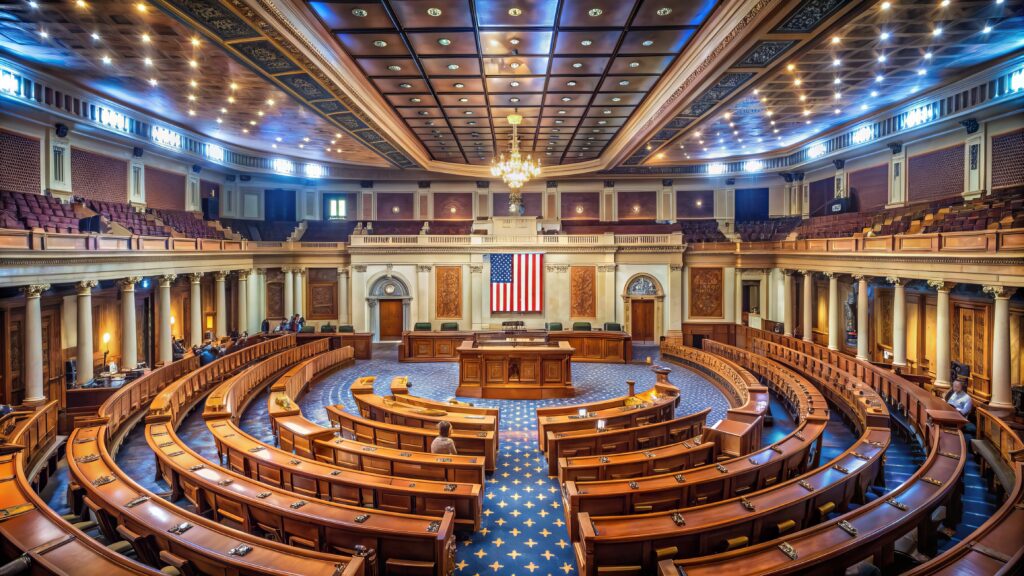
Key Takeaways:
- Top crypto executives and former U.S. officials, including Ripple CEO Brad Garlinghouse, will testify before the Senate on digital asset regulation as Congress pushes toward a market structure bill by October.
- The hearing follows House action on three major crypto bills, including the GENIUS Act, CLARITY Act, and anti-CBDC legislation, forming part of a designated “Crypto Week.”
- Ethical concerns over Trump’s ties to crypto, including a memecoin and donations from Ripple, may influence Senate debate and Democratic support.
Congress is advancing key legislation that could redefine how digital assets are regulated, with a pivotal Senate Banking Committee hearing set for Wednesday.
Testifying are Ripple CEO Brad Garlinghouse, Blockchain Association CEO and former CFTC Commissioner Summer Mersinger, former CFTC Chair Timothy Massad, Chainalysis CEO Jonathan Levin, and others.
I am honored to be invited to testify in front of the Senate Banking Committee this Wednesday on the need for passing crypto market structure legislation. Thank you to @BankingGOP Chairman @SenatorTimScott, @SenLummis and @SenRubenGallego (as leaders of the Subcommittee for…
— Brad Garlinghouse (@bgarlinghouse) July 7, 2025
The session could shape the Senate’s stance on a long-anticipated market structure bill, which leaders hope to pass by October.
Mersinger emphasized the need for bipartisan clarity to retain U.S. leadership in financial innovation: “The choice before us is not whether to regulate this industry, but how.”
The hearing follows the House’s launch of “Crypto Week,” which includes work on three crypto-related bills: the GENIUS Act (stablecoin regulation), the CLARITY Act (market clarity), and a bill to halt a U.S. central bank digital currency (CBDC).
Garlinghouse’s testimony marks deeper Ripple involvement in Washington policy, amid scrutiny over ties between Trump and crypto.
Trump’s prior XRP-linked inaugural fund donation and recent memecoin launch have raised ethical questions, especially as Democrats voiced initial concerns about his crypto connections before ultimately supporting the GENIUS Act in the Senate.

